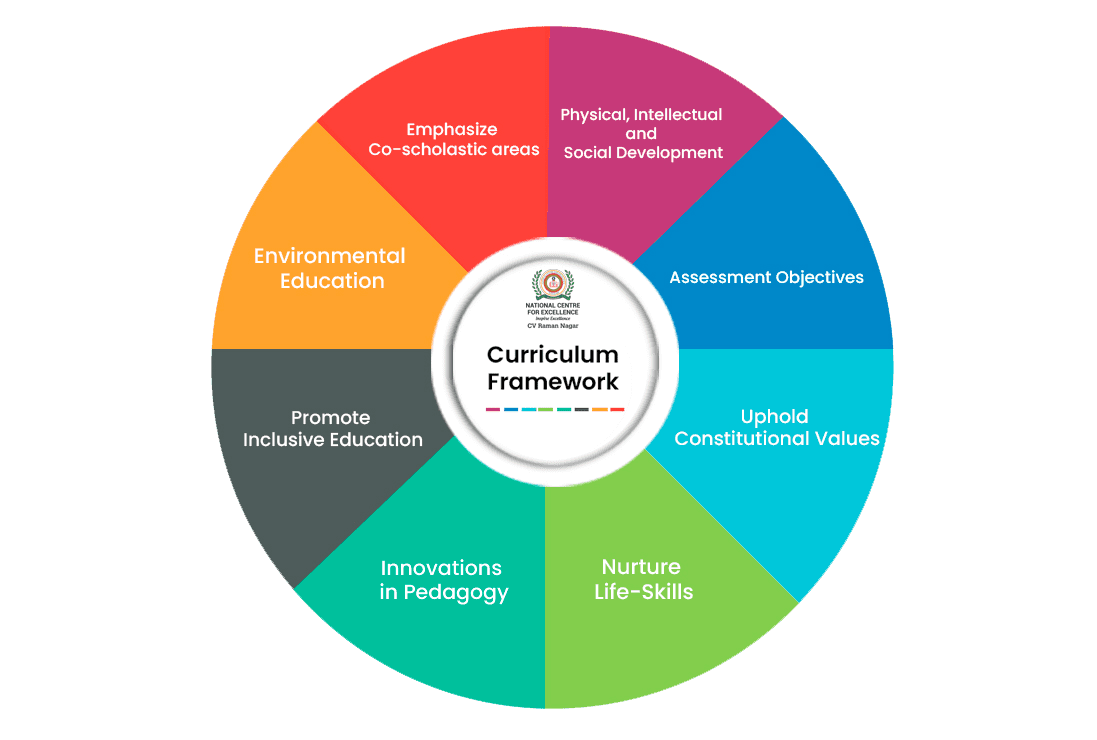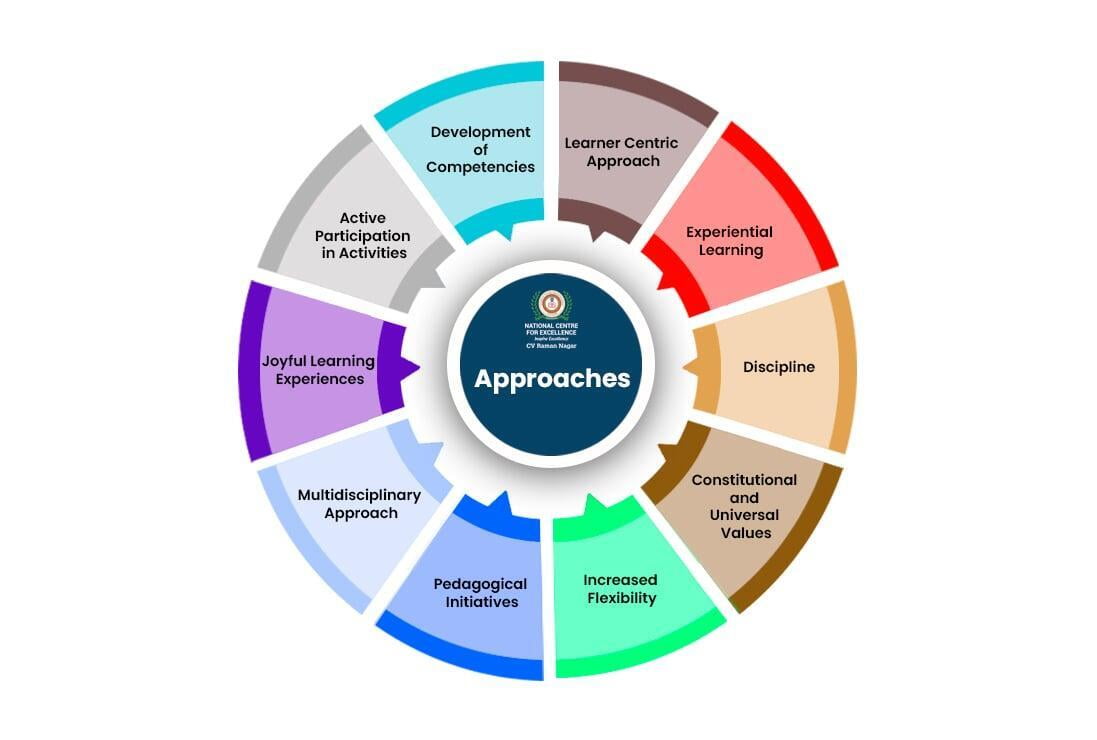Secondary Stage
Grade 9 to Grade 12
4 Years (Age Group 14-18)
Quality education through perseverance
Grade 9 to Grade 12
4 Years (Age Group 14-18)
Quality education through perseverance
Introduction to NEP Secondary Stage
Introduction to NEP Secondary Stage
The Secondary Stage will comprise of four years of multidisciplinary study, building on the subject-oriented pedagogical and curricular style of the Middle Stage, but with greater depth, greater critical thinking, greater attention to life aspirations, and greater flexibility and student choice of subjects.
Vision in Achieving
Vision in Achieving
- Multidisciplinary approach
- Greater flexibility and student choice of subjects
- Vocational Skills
- No hard separation among ‘curricular’, ‘extracurricular’, or ‘co-curricular’, among ‘arts’, ‘humanities’, and ‘sciences’, or between ‘vocational’ or ‘academic’ streams
Implementing Secondary Stage
Implementing Secondary Stage
The secondary curriculum is learner-centered with school being a place where students would be acquiring various skills; building self concept, sense of enterprise, aesthetic sensibilities and sportsmanship. Therefore, for the purpose of fostering core competencies in learners, the curriculum in secondary encompasses major learning areas, from scholastic and co scholastic point of view.





